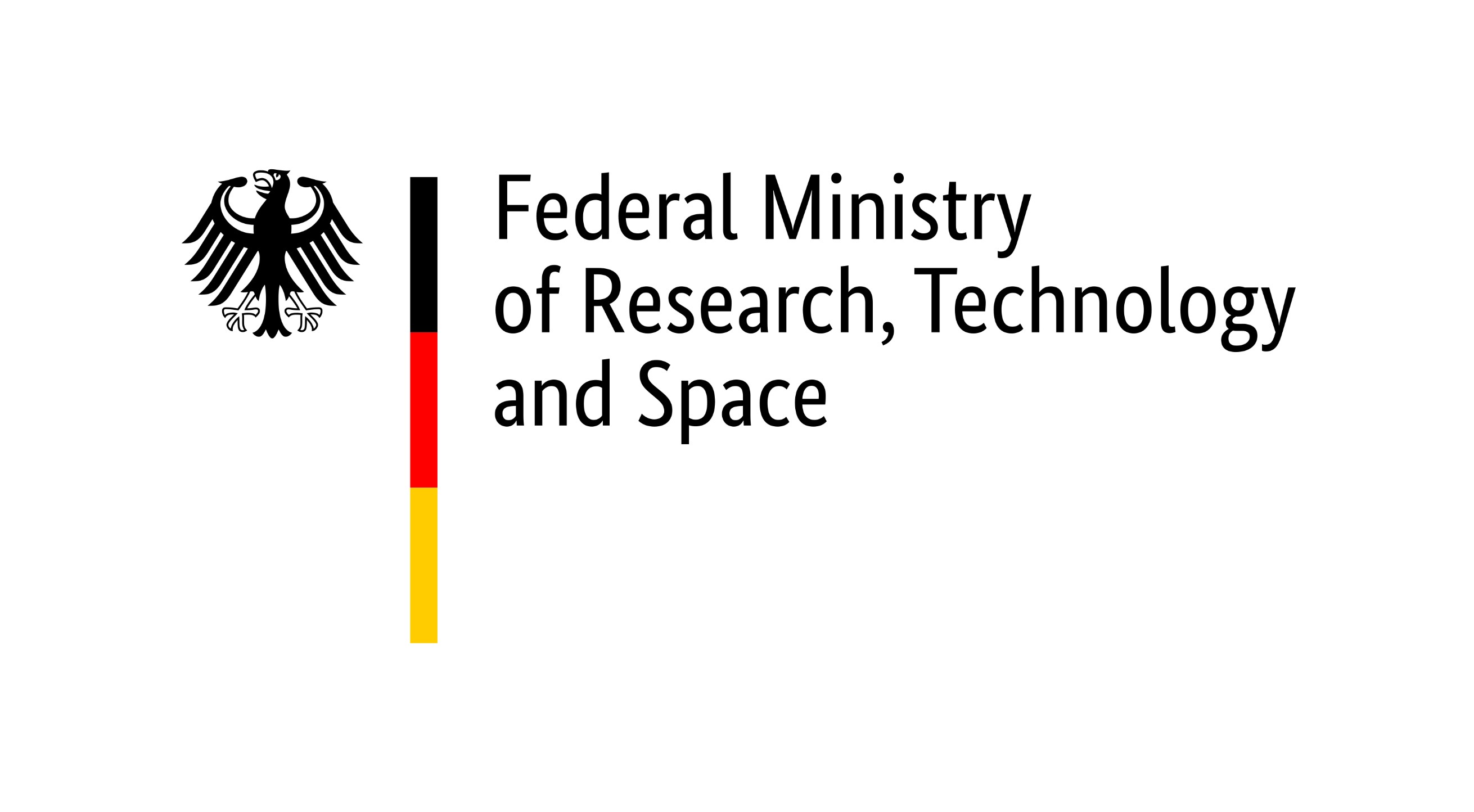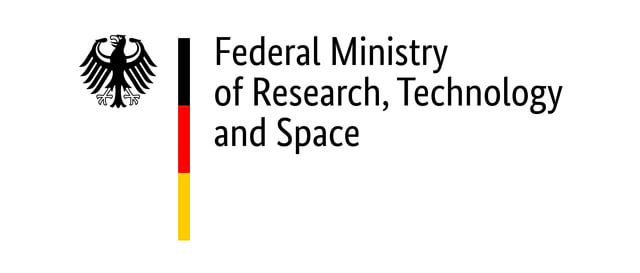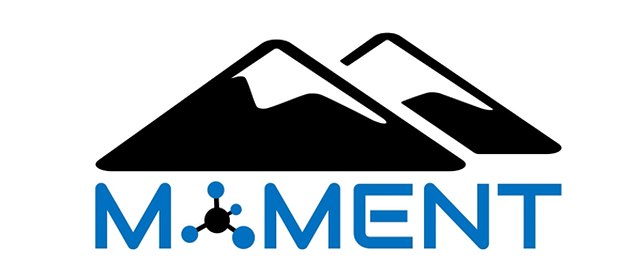Project MOMENT
The joint project MOMENT is funded by the German Federal Ministry of Research, Technology and Space (BMFTR) and will run for 3.5 years, from November 2022 to April 2026.

Relevance
Permafrost regions are a central element in our climate system - the soils of these regions store large amounts of organic carbon, most of which has so far been stored in permanently frozen soil, i.e. the permafrost soils.
Due to the currently observed above-average warming in the Arctic, the permafrost soils are thawing deeper, and the previously stored carbon can be broken down by microorganisms into the greenhouse gases methane (CH4) and carbon dioxide (CO2).
Although methane is at least 28 times more potent a greenhouse gas than carbon dioxide, there is great uncertainty about how the methane budget of northern permafrost landscapes will evolve in the future.
Reliable forecasts of the future development of the permafrost system and its contribution to the global carbon budget are of great importance. For their preparation, a comprehensive qualitative and quantitative understanding of the processes of the methane cycle in permafrost regions is essential. This is where the MOMENT project comes in. It will fill important gaps in the process understanding of the methane cycle in northern latitudes using innovative laboratory studies and multi-scale methane flux observations based on state-of-the-art infrastructure.
For this purpose, investigations of the recent carbon cycle in West Greenland will be carried out. The data obtained will be combined with existing data acquired in Siberia over the past decades and become an important basis for model evaluation.
Goals
The overall goal is to reduce uncertainties in future greenhouse gas projections.
MOMENT's ambitious goals will be achieved through innovations in experimental and observational techniques. These will enable observations at remote sites under extreme Arctic winter conditions and include regional studies based on mobile canopy measurements with new portable greenhouse gas analysers, as well as innovative laboratory methods that decipher, for example, the response of microbial food webs. New remote sensing products facilitate mapping of the finest structures in the Arctic, while novel computing infrastructure and modelling approaches enable the integration of all this information into next-generation ESMs. The integrated use of these resources enables MOMENT to fill a critical gap in the Global Carbon Project and IPCC reports for the first time and will significantly impact the next generation of climate change predictions.
Research site
The field research on methane fluxes takes place in Blæsedalen Valley, north of Qeqertarsuaq on Disko Island, Greenland:
Project organization
MOMENT is divided into four sub-projects:
- Subproject 1: Scientific-technical coordination
- Subproject 2: Process studies on methane production and oxidation: from micro to pedon scale
- Subproject 3: Effects of permafrost thawing and formation on the methane fluxes in heterogeneous tundra landscapes (from Pedon to Landscape)
- Subproject 4: Subproject 4: Recent spatio-temporal patterns of methane processes in terrestrial permafrost ecosystems
Integration in the research environment
Research institutions involved
Several German research institutions are working together on the MOMENT project:
- University of Hamburg
- Alfred-Wegener-Institut, Helmholtz-Zentrum für Polar- und Meeresforschung, Potsdam
- German Research Centre for Geosciences, Potsdam
- Max-Planck-Institute for Biogeochemistry, Jena
- Max-Planck-Institute for Meteorology, Hamburg
- Leibniz Universität Hannover
- University of Cologne
Partner projects
- University of Hamburg
- associated to the CEN (Center for Earth System Research and Sustainability)
- close cooperation with the team of project A1 (Carbon Dynamics in the Arctic) of the Cluster of Excellence CLICCS, which is funded by the German Research Foundation (DFG).
- Leibniz Universität Hannover
- close cooperation with German-Czech (DFG-GAČR) cooperation project CryoVulcan (Vulnerability of carbon in Cryosols - substrate-microorganisms-aggregate interactions
- Alfred-Wegener-Institut
- close cooperation with the research taking place on Greenland within the permafrost projects of the Technical University of Denmark under the leadership of Thomas Ingeman-Nielsen.
- Max-Planck-Institute for Meteorology
- close cooperation with the partner projects ERC Q-ARCTIC and EU ESM2025.


